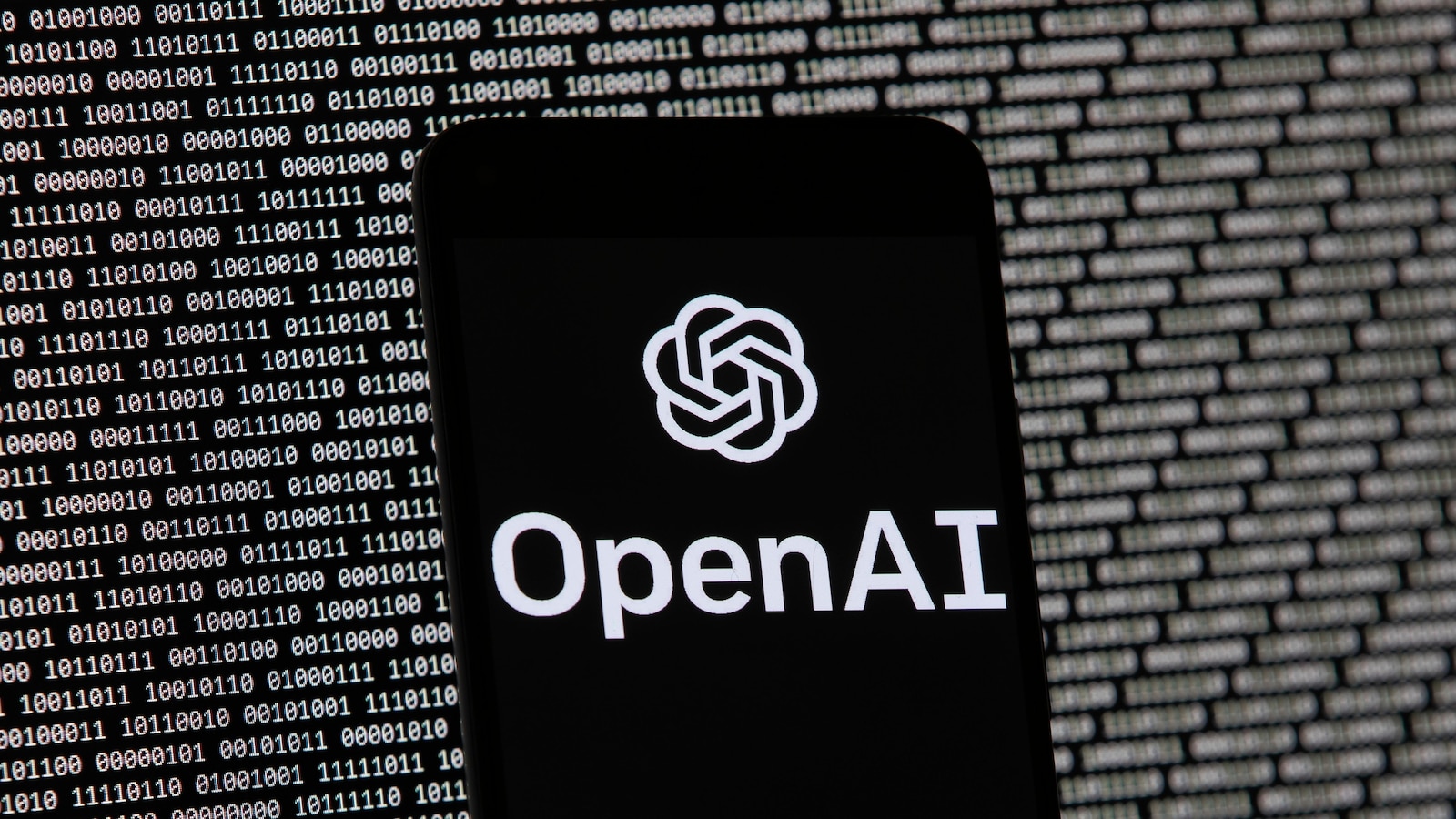OpenAI Board Dismisses Musk’s Ambitious $97.4 Billion Bid: The Implications and Future Directions
In a surprising and decisive move, the board of OpenAI has unanimously rejected Elon Musk’s staggering $97.4 billion bid for the organization. Musk, known for his ambitious ventures in technology and space exploration, presented an offer that would have significantly altered the landscape of artificial intelligence. However, the board’s decision raises critical questions about the future direction of OpenAI, the organization’s mission, and Musk’s continuing influence in the AI sector.
The Context of Musk’s Bid
Elon Musk, the CEO of Tesla and SpaceX, has long been a vocal advocate for the responsible development of artificial intelligence. His concerns about the potential risks associated with unregulated AI have been well documented, leading to his initial involvement in the founding of OpenAI in 2015. Despite his departure from the board in 2018, Musk retained a keen interest in the organization, frequently expressing his views on the ethical implications of AI.
When Musk submitted his $97.4 billion bid, it was presented as a move to secure greater control over OpenAI’s future. His proposal included plans to enhance AI safety measures and ensure that the technology serves humanity’s best interests. However, the board’s rejection indicates a fundamental disagreement regarding the path forward for the organization.
Why Did the OpenAI Board Dismiss the Bid?
The OpenAI board’s decision to turn down Musk’s offer can be attributed to several key factors:
- Mission Alignment: OpenAI’s mission is to ensure that artificial general intelligence (AGI) benefits all of humanity. The board may have viewed Musk’s bid as misaligned with this mission, particularly if it suggested a shift towards profit-driven motives.
- Concerns Over Control: Musk’s record of ambitious projects raises questions about whether his leadership would prioritize safety and ethical considerations over rapid technological advancement.
- Financial Independence: OpenAI has been successful in securing funding from various sources, allowing it to operate independently. The board may have felt that accepting Musk’s bid could jeopardize this financial stability.
The Implications for OpenAI
The rejection of Musk’s bid is more than just a financial decision; it signifies a commitment to OpenAI’s founding principles. The organization’s board must now navigate how to maintain its trajectory while facing pressures from investors and the rapidly evolving AI landscape.
Here are some potential implications of this decision:
- Continued Focus on Research: OpenAI is likely to maintain its focus on developing safe and beneficial AI technologies. This could involve investing more in research and collaboration with academic institutions.
- Greater Transparency: In light of Musk’s concerns about AI safety, OpenAI may choose to enhance transparency in its operations, communicating more openly with the public about its research and ethical guidelines.
- Strategic Partnerships: The board might explore new partnerships with organizations that share similar values, thereby bolstering its mission without compromising its independence.
Musk’s Future Role in AI
Despite the setback of his bid, Elon Musk remains a powerful figure in the AI domain. His companies, Tesla and Neuralink, are at the forefront of AI applications, particularly in autonomous driving and brain-computer interfaces. Musk’s influence in these areas means he will continue to shape the conversation around AI, even if he is not directly involved with OpenAI.
Looking ahead, Musk’s commitment to ethical AI development could lead him to pursue alternative avenues for promoting safety in artificial intelligence. This might involve:
- Advocacy Initiatives: Musk may increase his efforts in advocating for regulatory frameworks that prioritize AI safety and ethical standards across the industry.
- Investment in Competitors: Should Musk choose to invest in or create new AI-focused organizations, he might adopt a different approach to ensure alignment with his vision for responsible AI development.
Public Reactions and Industry Perspectives
The public’s response to the board’s decision has been mixed. Some view it as a necessary step to preserve OpenAI’s integrity and mission, while others express concern about the implications of rejecting such a substantial bid from a high-profile figure like Musk. Industry analysts suggest that this decision could set a precedent for how organizations prioritize their values over financial opportunities.
Furthermore, the AI community is closely watching how OpenAI will navigate its future. The organization has been a pioneer in developing advanced AI systems, and its choices will likely influence how other AI entities approach growth and ethical considerations.
The Path Forward for OpenAI
As OpenAI moves forward, it faces both challenges and opportunities. The organization must strike a balance between innovation and ethical responsibility. The board’s decision to dismiss Musk’s bid may pave the way for a more collaborative and transparent approach to AI development.
Key strategies for OpenAI may include:
- Community Engagement: Engaging with diverse stakeholders, including researchers, policymakers, and the public, to foster a collaborative environment for AI development.
- Ethical Frameworks: Continuing to refine and implement ethical frameworks that guide research and application, ensuring alignment with societal values.
- Public Education: Investing in educational initiatives to inform the public about AI, its benefits, and its risks to build trust and understanding.
Conclusion
The OpenAI board’s unanimous dismissal of Elon Musk’s ambitious $97.4 billion bid signals a pivotal moment for the organization. As it continues to navigate the complexities of AI development, OpenAI remains committed to its mission of ensuring that AGI benefits all of humanity. While Musk’s influence in the AI landscape is undeniable, the future of OpenAI will be shaped by its dedication to ethical practices and collaborative innovation.
In the end, the rejection of Musk’s bid may ultimately serve as a catalyst for a more responsible and inclusive approach to artificial intelligence, one that aligns with the best interests of society as a whole.
See more Future Tech Daily

